#government
Unfair? Toyota Launches Ad Campaign Opposing EV Tax Credit Scheme
Toyota Motor North America has already voiced its opposition to the proposed EV tax credit scheme tied to the the Democrats’ latest spending bill. This week, it has decided to expand its message by purchasing advertisements in national publications.
Starting Tuesday, Toyota will be launching an ad campaign intended to help bring Americans toward its side of the fence. While the automaker isn’t intrinsically offended by the government-backed incentivizing of electric vehicles, it has taken umbrage with the Biden administration’s insistence that consumers be issued an additional $4,500 incentive for purchasing union-made products. Though the reasoning should be obvious, since the company doesn’t have any unionized facilities in the U.S., the automaker is seeing growing support as the related legislation is stalled on Capitol Hill.
Michigan to Build EV Charging Stations for Scenic Drives, Inductive Roads
Michigan Governor Gretchen Whitmer has announced a plan to construct the Lake Michigan Electric Vehicle Circuit that would allow EV drivers to enjoy a scenic, coastal drive without being distracted by fears of range anxiety. Having recently returned from the Mitten state, I can say that its current charging infrastructure is about what you’d expect. You’re bound to find something in the urban hubs, likely with a little help from navigational apps. But the spaces between aren’t going to be of much help and the situation only worsens as you head north along the Eastern coastline where charging points are particularly sparse.
But it’s Lake Michigan that draws the most tourists in a given year, so Whitmer’s team has elected to plot the stations on the Western side of the state to encourage visitors. As a byproduct, leadership said this will also prove that the region is committed to electrification and serious about supporting the evolving automotive industry.
Opinion: The NYC Dirt Bike Ban is Ridiculous
New York City Mayor Bill de Blasio made dirt bikes public enemy number one for traffic enforcement in 2021, citing road safety, cluttered sidewalks, unwanted noise, and air pollution as his primary reasoning. He’s even released videos where the city destroyed confiscated bikes to celebrate the initiative.
“Anyone out there who has an illegal dirt bike — don’t even think about it. Because the NYPD will find it and will crush it,” Mayor de Blasio proclaimed via Twitter earlier this month. “These dirt bikes do not belong in New York City. It’s against the law. Period. Dirt bikes are dangerous.”
The focus on two-wheeled transportation comes after city leadership announced there was a growing number of shootings and robberies tied to certain types of vehicles over the spring. Local outlets also covered an incident where a small child was struck by a dirt bike and placed into critical condition last July. But the actual qualifications for what NYC considers an “illegal dirt bike” are confusing. Numerous exemptions are made for electric scooters and about half of the bikes crushed in the mayor’s video are regular motorcycles. It seems nonsensical and only gets worse when you begin to ponder the consequences of banning some of the most affordable modes of transportation available to poor New Yorkers.
Automakers Accused of Chip Hoarding, U.S. Considers Defense Production Act
Despite the occasional media report claiming that the semiconductor shortage is nearly over, reality looks quite a bit different. Some manufacturers have managed to temporarily stabilize supply chains, even though others have continued announcing work stoppages as they run out of chips. Wait times for the electronic components have also increased by about 61 percent since the beginning of 2021. Meanwhile, a recent Kelly Blue Book survey had 48 percent of respondents saying they were going to postpone buying a new automobile until shortages end, prices come down, and they can actually find the vehicles they’re looking for. But even those that were willing to buy now expressed a surprising level of acceptance to abandon brand loyalty or their preferred body style just to get a fairer deal on an automobile.
With the United States fairing worse than other regions in regard to chip availability, the White House has been under pressure to solve the problem all year. Thus far, government strategy has focused on encouraging investments for new semiconductor production. But there’s a new gambit being proposed that would invoke a Cold War-era national security law that would force manufacturers to furnish information pertaining to semiconductor supply lines and chip sales.
Opinion: Elon Musk's Criticisms of the EV Incentive Bill Are Valid
Tesla CEO Elon Musk isn’t fond of the new electric-vehicle incentives being proposed by the United States Congress and recently stated as much over social media this week. He even went so far as to allege that the bill was lobbyists working on behalf of legacy automakers and the United Auto Workers, as it monetarily benefits domestic manufacturers with strong union ties above all others.
Truth be told, it’s kind of hard to respond to those claims with anything other than an affirmative nod. Due to his seemingly intentional manipulation of cryptocurrency and willingness to overpromise Tesla investors, I’m not the biggest fan of Musk. However, he’s getting support from other manufacturers and it’s pretty hard for your author to see any legislative scenario other than the one he’s supporting — especially since this is frequently how business is done on Capitol Hill.
Twist: NHTSA Tesla Autopilot Probe Now Includes Other Automakers
The National Highway Traffic Safety Administration (NHTSA) has been doing a deep dive into Tesla’s Autopilot to determine if 765,000 vehicles from the 2014 model year onward are fit to be on the road. We’ve covered it on numerous occasions, with your author often making a plea for regulators not to harp on one company when the entire industry has been slinging advanced driving aids and distracting infotainment displays for years.
Apparently someone at the NHTSA either heard the blathering, or was at least of a similar mind, because the organization has expanded its investigation to include roughly a dozen other automakers.
Vaccine Mandates Being Considered By Auto Industry, UAW
With the Biden administration having announced that it would start requiring companies to vaccinate employees, automakers and UAW are finding themselves in a sticky situation. Unions had previously said they wanted to hold off on endorsing or opposing mandatory vaccinations until after they discussed things with the industry and their own members. Considering Joe Biden said he wouldn’t make vaccines mandatory less than 10 months ago, employers are getting caught with their pants around the proverbial ankles.
Automakers had previously been surveying white-collar workers to see what they wanted to do while upping on-site COVID restrictions, but operating under the impression that any hard decisions were likely a long way off and left entirely to their discretion. Now the Department of Labor’s Occupational Safety and Health Administration is planning a new standard that requires all employers with 100 (or more) employees to guarantee their workforce is fully vaccinated or require any unvaccinated workers to produce a negative test result on a minimum weekly basis.
New York to Ban Sale of Gasoline Vehicles After 2035
New York Governor Kathy Hochul signed into law a bill that effectively makes the sale of new gasoline-powered automobiles illegal within the state after 2035. On Wednesday, the state’s new governor took the brave step of copying California in deciding that all new passenger cars and light-duty trucks be zero-emission models within the next 14 years. Though she saw it as a totally original strategy necessary for stopping the horrors of global warming, which we now call climate change.
It’s also not technically her plan, as the State Assembly voted on the bill months before she took office with all Democrats and three Republicans voting in favor. It later passed the Senate in another party-dependent vote aided by the state’s Democratic majority.
Auto Alliance Outlines EV Charging Infrastructure Plan, Asks for Help
This week, the Alliance for Automotive Innovation (the largest automotive lobby in existence) released a set of principles relating to the EV charging infrastructure that it believes will be absolutely necessary to spur consumer adoption of electric and alternative energy vehicles in the United States.
“For the auto industry’s transition to electrification to be successful, customers will need access to affordable and convenient charging and hydrogen fueling, easy-to-understand utility rate structures that reward off-peak charging, and improved charging times,” John Bozzella, CEO of the alliance, said on Wednesday. “And we must also work together to grow EV sales without leaving low-income, rural or disadvantaged communities behind.”
That’s corporate-speak for “we need to stop catering to wealthy buyers and the government needs to pay for as much of this as possible.”
NHTSA Considers Increasing Fines for Emission Violations
The National Highway Traffic Safety Administration is considering increasing penalties for automakers that fail to meet fuel-efficiency requirements. Though this could be considered a restoration of older standards, depending upon your perspective.
Shortly before leaving office, President Donald Trump postponed a regulation from the last days of the Obama administration that would have effectively doubled fines for vehicle manufacturers failing to meet Corporate Average Fuel Economy (CAFE) requirements. Automakers had been complaining that the rule would have dramatically increased operating costs, suggesting that would trickle down to vehicle pricing and give manufacturers selling carbon credits an unfair advantage.
Correct: Honda Says Senate Tying EV Subsidies to Unions Discriminatory
Despite regulatory efforts often being praised as essential for elevating standards and promoting safety, they’re also an excellent way to funnel money and favors between political and corporate entities in plain sight. This dichotomy is particularly glaring in regard to environmental restrictions, which frequently favor businesses that are wealthy enough to afford to adhere to them and subsidies that effectively reroute tax funding to support various industries.
Considering this, it’s fairly rare to see bigger businesses griping about government assistance. But that’s exactly what Honda is doing with a proposal in Congress seeking to provide additional EV subsidies to consumers that buy vehicles manufactured by union-backed plants. The manufacturer has stated it believes the Clean Energy for America Act is discriminatory by favoring specific automakers and will ultimately restrict the choices available to consumers – which is true.
EPA Introduces Stricter Vehicle Emission Rules
The Biden administration released updated proposals for the mileage and emission standards to be imposed on passenger vehicles sold inside the United States this week. To the great shock of nobody, they move the country away from the targets established by the Trump administration so the nation can be brought back toward stringent Obama-era goals those later changes sought to get away from.
Though it’s not quite a return to form and environmentalists have already accused the plan of being insufficient — a take that’s as easy to predict as a sunrise. The Environmental Protection Agency would be technically setting rules that put us a year or so behind targets instituted during the Obama administration. But that’s largely understandable when that regime didn’t spend the last four years inside the White House. Besides, the Biden administration’s EPA has already confirmed it’s pushing for even tougher restrictions after 2026.
Senate Infrastructure Bill Seeks to Make Breathalyzers, Interior Cameras Mandatory
The U.S. Senate is currently considering a $1 trillion bipartisan infrastructure bill that’s primarily targeting the ailing highway system, with tens of billions left over to spend on advancing the nation’s EV charging infrastructure and incorporating more eco-friendly modes of public transportation. But there’s also some really kooky shit that you need to be made aware of before this passes into law.
Along with new regulations that would mandate the inclusion of collision detection systems and automatic emergency braking, where the car calls your bluff and applies the wheel-stoppers independently of your actions, provisions have been made that would also require some kind of in-car breathalyzer. The stated aim is to reduce incidents of drunk driving. However, the proposed system may also include driver-monitoring cameras, totally undermining any nobility the cause might otherwise have had.
Nikola Deathwatch: DOJ Indicts Founder for Lying to Investors
The U.S. Department of Justice has indicted Nikola founder Trevor Milton over claims made to investors that could have been intentionally misleading. Though anybody tracking the story from the beginning already knows the corporate plot surrounding the company’s trucks has more holes than a deli platter comprised entirely of baby swiss.
Brother of Top Biden Adviser Lobbied for General Motors
Washington, D.C. has long been thought of as a “swamp” of shady dealings, regardless of what party is in charge of the White House and/or Congress at any given time.
The previous president even promised to “drain the swamp,” though his critics would argue he made it swampier than ever.



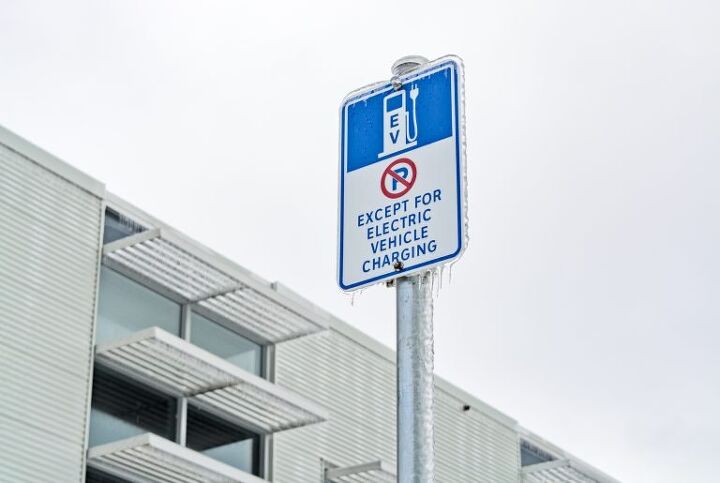
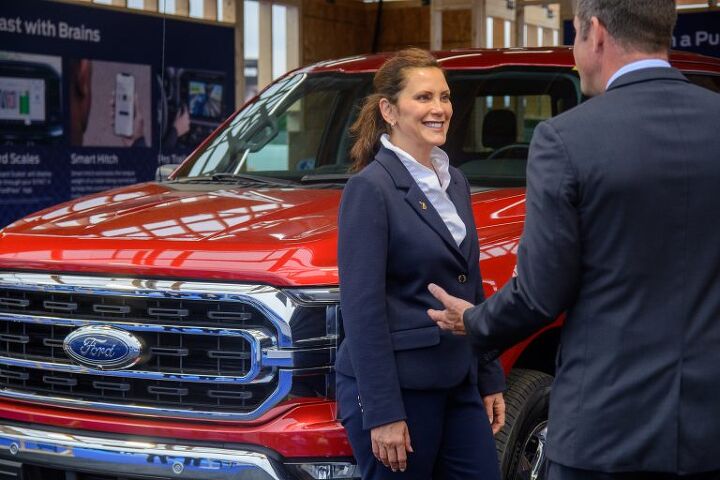

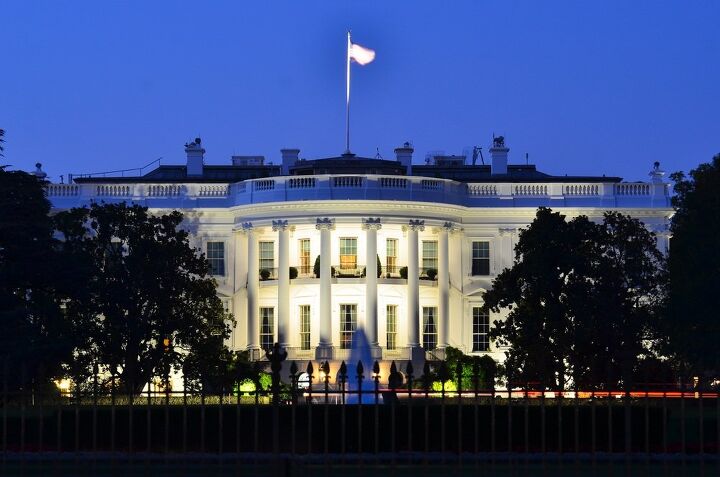
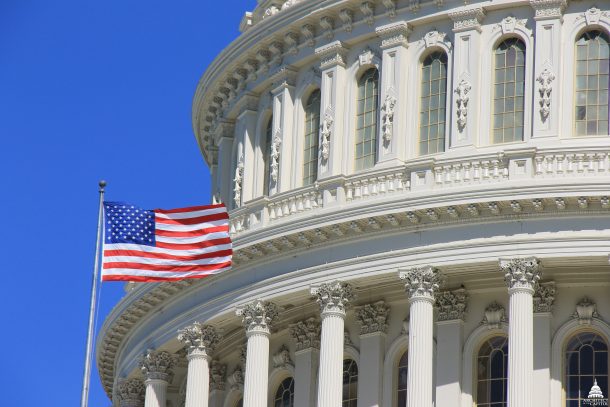

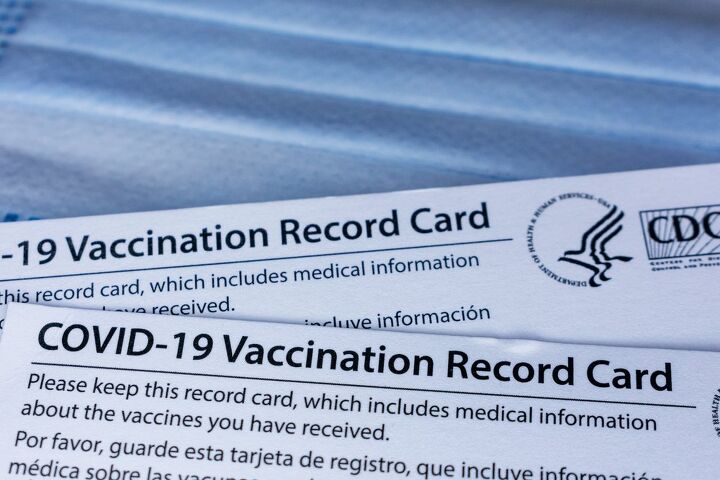



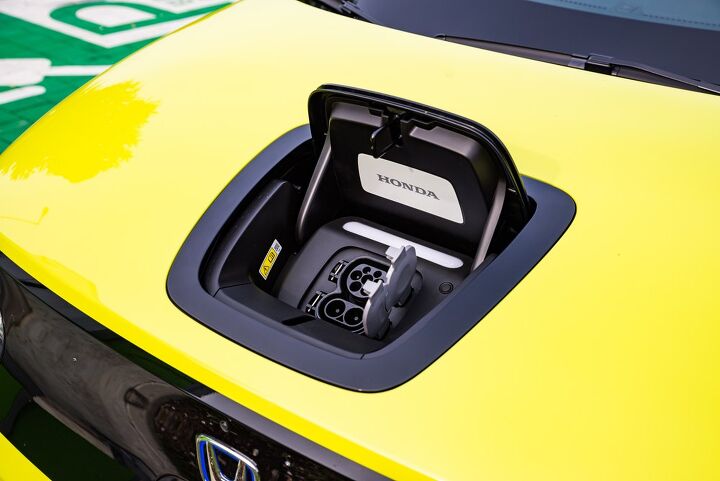


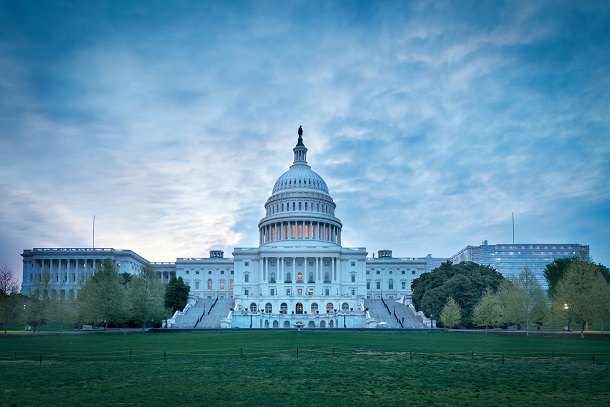












Recent Comments